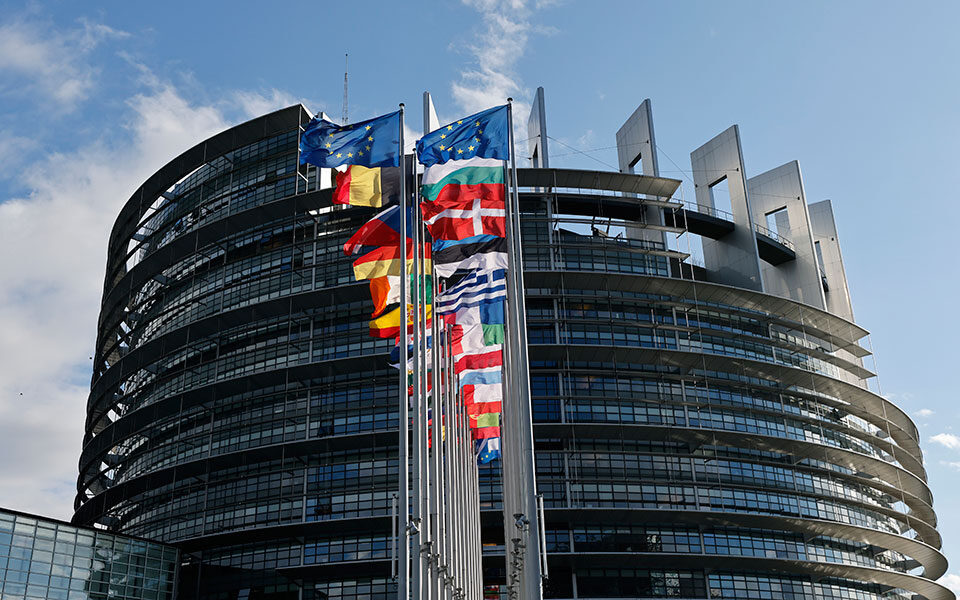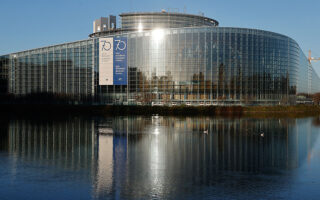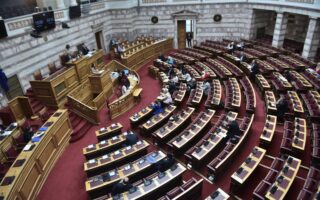Democracy demands more than a vote

In 2024, more people will vote in elections than any time before. This week alone, some 400 million citizens of 27 countries will elect their representatives to the European Parliament. On Tuesday, the result of elections in the largest democracy – India – will be announced. There, more than 968 million people voted, some 150 million more than in 2019. The US elections in November will have a direct effect on the lives of all, as America affects political developments elsewhere, global trade, the efforts to alleviate the effects of the climate crisis. Other major countries in which elections have been held or are coming up are Indonesia (with more than 200 million voters), South Africa, Taiwan, South Korea and the United Kingdom.
In our neighborhood, the municipal and regional elections in Turkey shook Recep Tayyip Erdogan’s omnipotence. In North Macedonia, presidential and parliamentary elections brought to power a head of state and party who, in deed, do not abide by the Prespa Agreement. In Albania, national elections will be held in 2025. But today relations with Greece are strained by last year’s municipal elections and the jailing of the elected mayor of Himare, Fredi Beleri, who is likely to be elected to the European Parliament on the Greek ruling party’s ticket. On Sunday, along with European elections, Bulgarians will vote for a new parliament, the sixth time in three years.
In all these contests – with a total of at least 2 billion voters – people are choosing the representatives and leaders who will determine their country’s future and its relations with others. And so, they determine humanity’s course. This should suggest that despite concerns for its health, democracy is spreading. But for democracy to survive, it needs to adapt continually, to anticipate and deal with threats against it. Democracy was born of the need to provide equal duties and rights to a greater number of people, so that they would place the collective interest above their own. From the beginning, democracy had to be alert for threats from supporters of other systems, or from those who would use it as a screen behind which to cultivate other interests.
We need only note that this year Vladimir Putin was “elected” president of Russia for the fifth time, and that on June 28 presidential elections will be held in Iran. In such countries, the result is determined by the limited choice of candidates and by the strict control of public debate. But in many democracies, too, democracy is being manipulated to various ends.
With our vote, or abstention, we select our leaders. Democracy’s health, though, demands constant vigilance. Taking part in elections is not enough.




